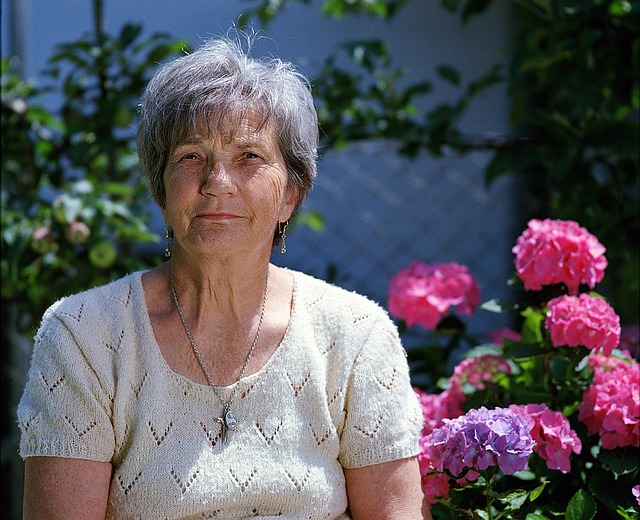As we get older, it can be difficult to maintain our friendship circle. The potential for meeting new people can be reduced if we stop going out to work. Sadly, some of our friends will die, or they may move away to be nearer to their grandchildren. Loneliness has a huge effect on health – both physical and mental, so we need to work out how to make new friends as we get older.
Rebecca Saxe, a senior researcher at MIT USA says:
“People who are forced to be isolated crave social interactions similarly to the way a hungry person craves food. Our finding fits the intuitive idea that positive social interactions are a basic human need, and acute loneliness is an aversive state that motivates people to repair what is lacking, similar to hunger.”
One of the best ways to meet like-minded friends is to join in some activity or interest that you know (or think) you will enjoy. The U3A (University of the Third Age) is a great place to meet others; there are over 1000 branches across the country. Each U3A is run by its members, who organise all sorts of interest groups that you can join. Don’t be daunted by the word University in its title. There are often bird watching, walking and craft groups, as well as discussion, science and language groups. It can be daunting when you first go but remember that many of the people there will have joined at least partly to make new friends. The groups usually meet during the day, so this is suitable if you’re retired or working part-time.
Walking For Health is a national organisation that runs health walks throughout the UK. The walks are graded and usually last around an hour. They are suitable for people with some health conditions and for people who have been inactive. This is a great way to meet new people and do something for your health at the same time.
Volunteering can also be a great way to meet other people. Volunteer in a local charity/thrift shop – they usually have suitable roles even if you don’t want to meet the public or operate a till.
You may be fearful of joining these sorts of events and organisations, but do remember that most of the other people will be there for precisely the same reason: they want to make new friends too.
Many people worry about how they will talk to new people. Starting a conversation is simple – you just say hello! People get anxious and overthink how to approach people or strike up a conversation. Once you’ve said hello, and they have hopefully responded, tell them your name and ask them theirs, if that’s appropriate. Then ask them a simple question about themselves. People love talking about themselves. If you show a genuine warmth and curiosity about them, people will really respond. If all this seems daunting, practice first in situations where it is not important – standing in a queue in a supermarket, for example, or waiting for a bus. Here you have readily available topics of conversation to help things along – the price of food, the fact the buses don’t run to the timetable. It won’t always work; you will sometimes be rebuffed, but just keep doing it. You will sometimes have a very interesting conversations, and you could just meet your new best friend.
We often lose confidence when we think about ourselves, putting ourselves centre stage. If you concentrate on yourself and how nervous you feel, you may find it difficult to make the first move with a new person. You may appear standoffish and uninterested. So, try and focus on the other people; remind yourself that they may also be feeling nervous and uncertain; they may also want to make new friends. Also think about the well-known TV personalities we warm to. Stacey Dooley (UK) is a great example; she doesn’t pretend to be perfect; she’s warm and outgoing, and so we really like her. We don’t want our friends to be perfect people – we want them to be warm, supportive and interested in us. You can do that, can’t you?
And do remember that there will be many other people in the same position as you – looking to make new friends. Rather than just focusing on your need for new friends, think about how other people are looking for a friend just like you. They may have moved to a new area, or maybe their best friend or partner has died.
And introduce your friends to each other. Yes, research shows you feel more supported if your friends know each other. David Lee, who led the study as a postdoctoral fellow in psychology at The Ohio State University says:
“The more cohesive, the more dense this network you have, the more you feel you can rely on them for support. It matters if your friends can depend on each other, just like you depend on them.
“People who feel they have more social support in their lives may be focusing more on the collective support they feel from being part of a strong, cohesive group. It’s having a real crew, as opposed to just having a set of friends.”


